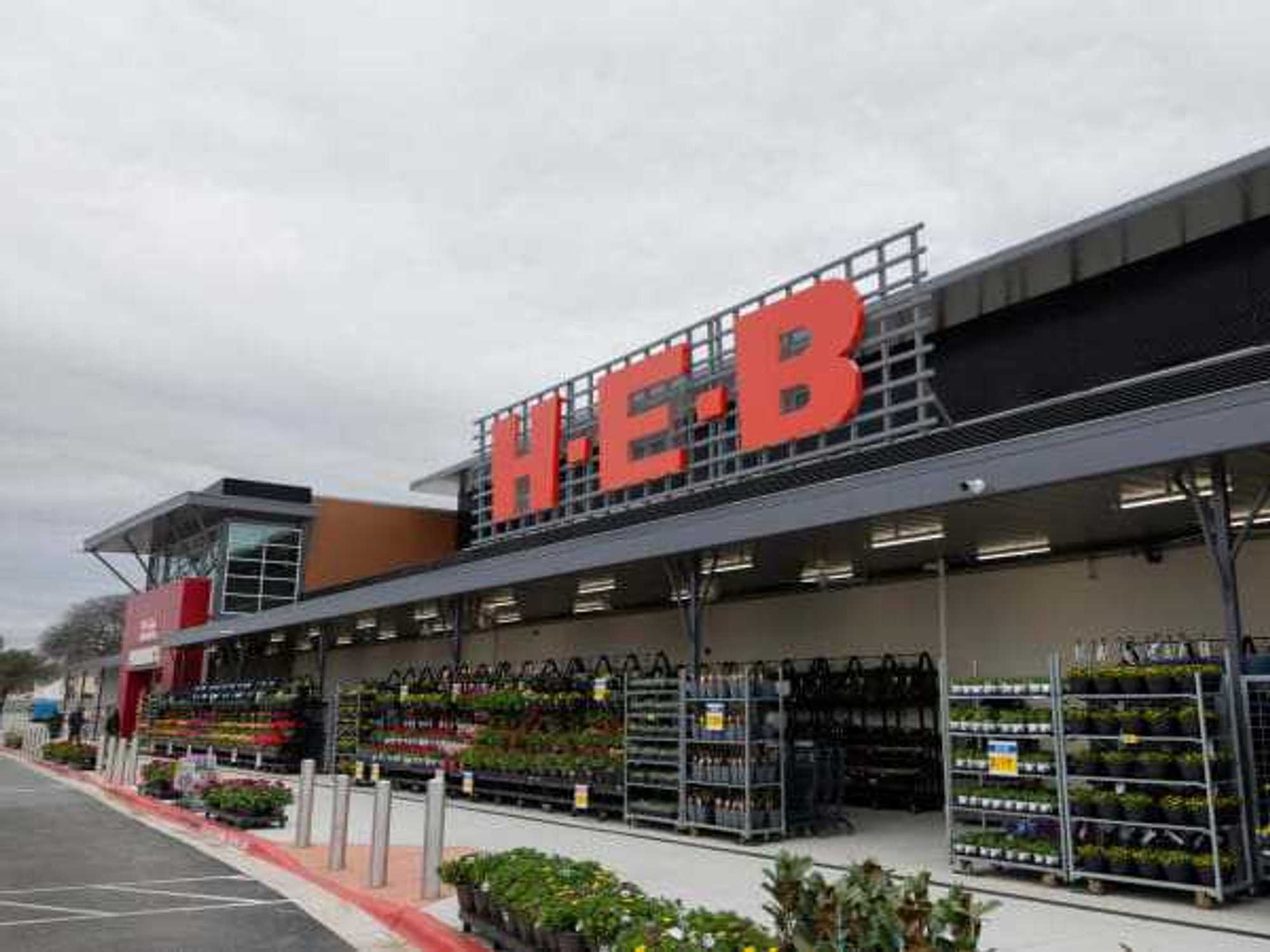the sandwich generation
Aging as a shared journey of triumph: Local programs provide support for elderlyand caregivers
The number of Americans aged 65 and older is increasing rapidly. In 2009, there were 39.6 million older adults in the country, and that number is expected to reach 72.1 million by 2030 — twice what it was in the year 2000, according to the Department of Health and Human Services’ Administration on Aging.
For many families, age-related health problems are an increasing concern, as are the financial consequences of those health problems. This is especially true of the so-called “sandwich generation”: the growing population of adults who care for both a child and an aging parent.
There’s no doubt that the stress brought on by being a caregiver is great, but in Austin we’re lucky to have several local programs and organizations that can help.
On April 20, 2012, the nonprofit Austin Groups for the Elderly (AGE) — recently rechristened AGE of Central Texas — held a fundraiser and awards dinner to honor the work of several local individuals and organizations committed to helping the elderly, and the event proved that there’s a lot of good going on around town.
AGE’s goal is “empowering caregivers, the elderly and their families through education, advocacy, resources and support.” They run Austin’s and Williamson County’s only adult day centers, offer resources for caregivers, teach computer basics to older adults and those with limited access to technology, and offer office space and shared services to local nonprofits.
The organization also runs a lending program for health equipment and has recently started a program that provides activities and support for individuals in the early stages of memory loss.
The Assistance League of Austin was one of the organizations honored at the AGE benefit. ALA runs seven programs with no paid employees, yet volunteers provide 58,000 hours of service each year. One of ALA’s programs of benefit to older adults is their “Bus With Us” program, which offers day trips for seniors to locations they would not otherwise be able to visit. (ALA’s budget comes from the Assistance League of Austin Thrift House, located at 4901 Burnet Road, where Austinites can donate goods or shop for tools, office equipment, clothing, toys, furniture, books, collectibles and more.)
VSA Texas, whose executive director Celia Hughes was also honored at the AGE benefit, is an organization that brings the arts to people with disabilities, including the elderly and war veterans.
Another local nonprofit, Helping the Aging, Needy and Disabled (HAND), provides attendant services to the elderly and others in need, and Meals on Wheels & More delivers meals to the homes of those in need, particularly elderly individuals.
For seniors who need somewhere to go for a few hours during the day, senior activity centers operated by the city can be a good option. These centers do not provide full-day activities or a high level of care, but are a good option for mobile older adults who crave connection and/or entertainment during the day.
For caregivers, respite groups around town can provide much-needed breaks from caring for loved ones with Alzheimer’s or other forms of dementia.
Another program that may be of benefit to older adults is Strengthmobile, a personal training program that helps individuals 50 and older maintain muscle strength to prevent falls and remain independent. The program’s founder, Jody Kelly, was also honored at the AGE benefit for her work.
According to AGE, “aging is a shared journey of triumph,” and the programs available around Austin for older adults echo this sentiment. Although being a caregiver is never an easy task, the support services provided by AGE and other local organizations can help both the elderly and their caregivers feel like they’re not alone, and lead to a richer quality of life for everyone involved.

 Our wildcard category this year will crown Best Sandwich.
Our wildcard category this year will crown Best Sandwich.